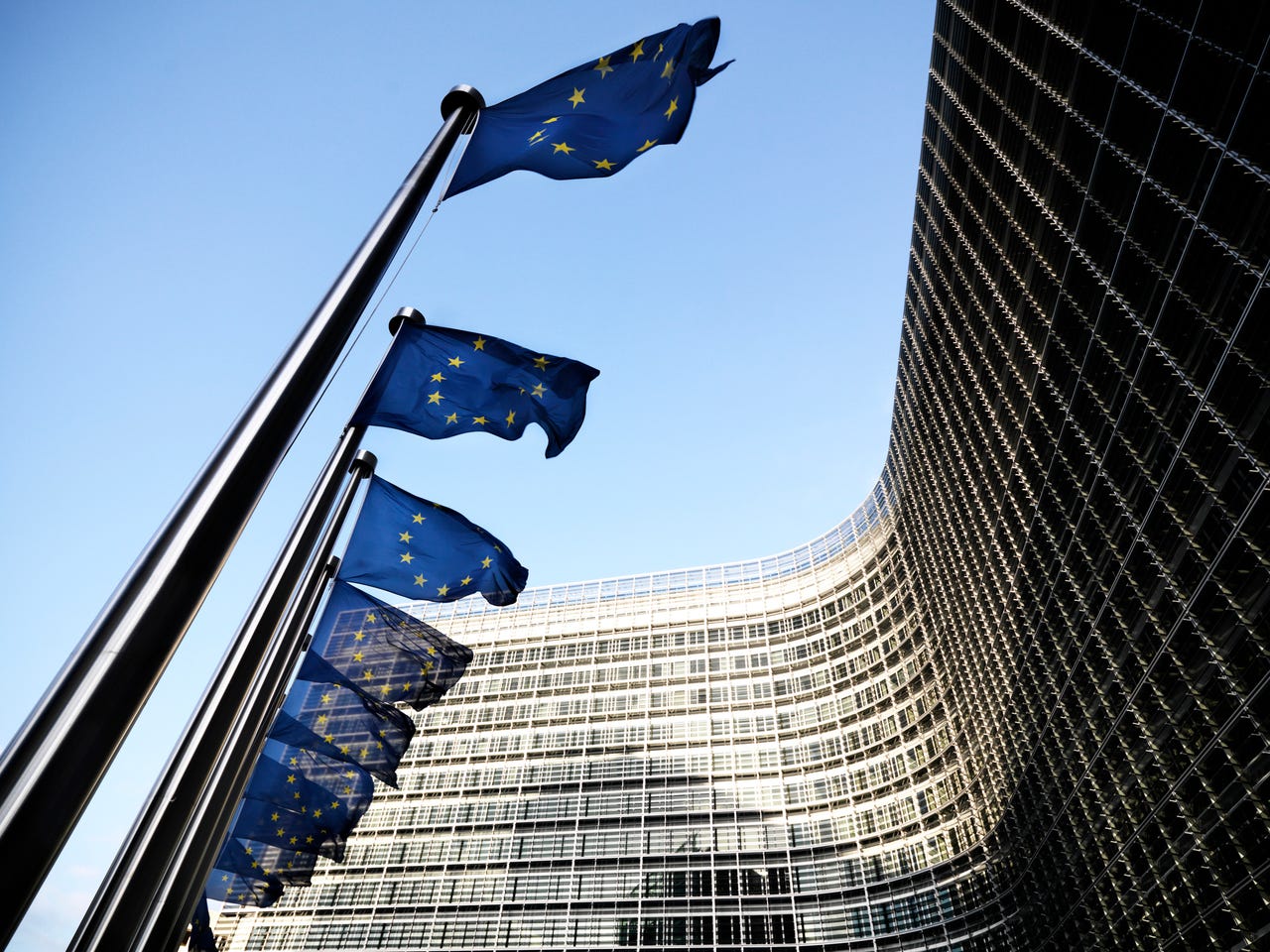Here's how Microsoft will change Windows to comply with EU laws


Earlier this year, the European Commission designated Microsoft as one of six giant tech companies that qualify as "gatekeepers" under the terms of the Digital Markets Act.
Under the DMA, which was enacted in 2022, the owners of core platform services that connect businesses to final consumers have specific responsibilities to prevent them from using their "entrenched and durable position" to impose unfair conditions on customers. Companies identified as gatekeepers are required to "proactively implement certain behaviors that make the markets more open and contestable," according to the Commission.
Also: Hoping for a Windows 10 support extension? Microsoft just quietly crushed your dreams
Microsoft's Windows made the list of operating systems that qualify as gatekeepers, alongside Google's Android and Apple's iOS. Today, in response to the Commission's designation, the company outlined changes it plans to make in Windows and its associated apps to comply with the DMA. Many of the changes apply only to PCs running Windows versions identified during setup as being in the European Economic Area (EEA). Microsoft says the region used for DMA compliance can only be changed by reinstalling Windows and resetting the PC to a different region.
Changes include the following:
- Windows will now clearly identify functionality that's built into the operating system. Settings > System > System Components labels OS components, and the Start menu's All Apps list has been renamed to All with operating system components labeled with "system." Search results will also display that label for operating system components.
- Some apps that are bundled with Windows now have the option to be uninstalled. That list includes the Camera, Photos, and Cortana apps. In the EEA only, Windows users will have the option to uninstall Microsoft Edge and the Web Search from the Microsoft Bing component.
- In Windows editions for the EEA, developers will be able to specify alternative providers for web search using the Windows Search box as well as feeds in the Windows Widget boards, and Windows will ask users if they want to allow Windows to use their Microsoft account to sync data with other Windows devices and Microsoft products that use the same account.
- In changes to default app settings, Microsoft notes that apps can prompt customers to change app defaults by opening Windows Settings to the app's defaults page. In the EEA, the company says, "Windows will always use the customers' configured app default settings for link and file types, including industry standard browser link types (http, https). Apps choose how to open content on Windows, and some Microsoft apps will choose to open web content in Microsoft Edge."
- Finally, the Copilot in Windows feature that's now in preview in Windows 11 version 23H2 will not be available in the EEA, which is currently restricted to North America, the United Kingdom, and parts of Asia and South America.
Also: Google urges EU regulators to make Apple open up iMessage
Microsoft says the changes it's introducing are rolling out to Windows 11 in the Release Preview Channel, with a preview of updates for Windows 10 coming later. The company says it will complete these updates in the EEA to be compliant by March 6, 2024.